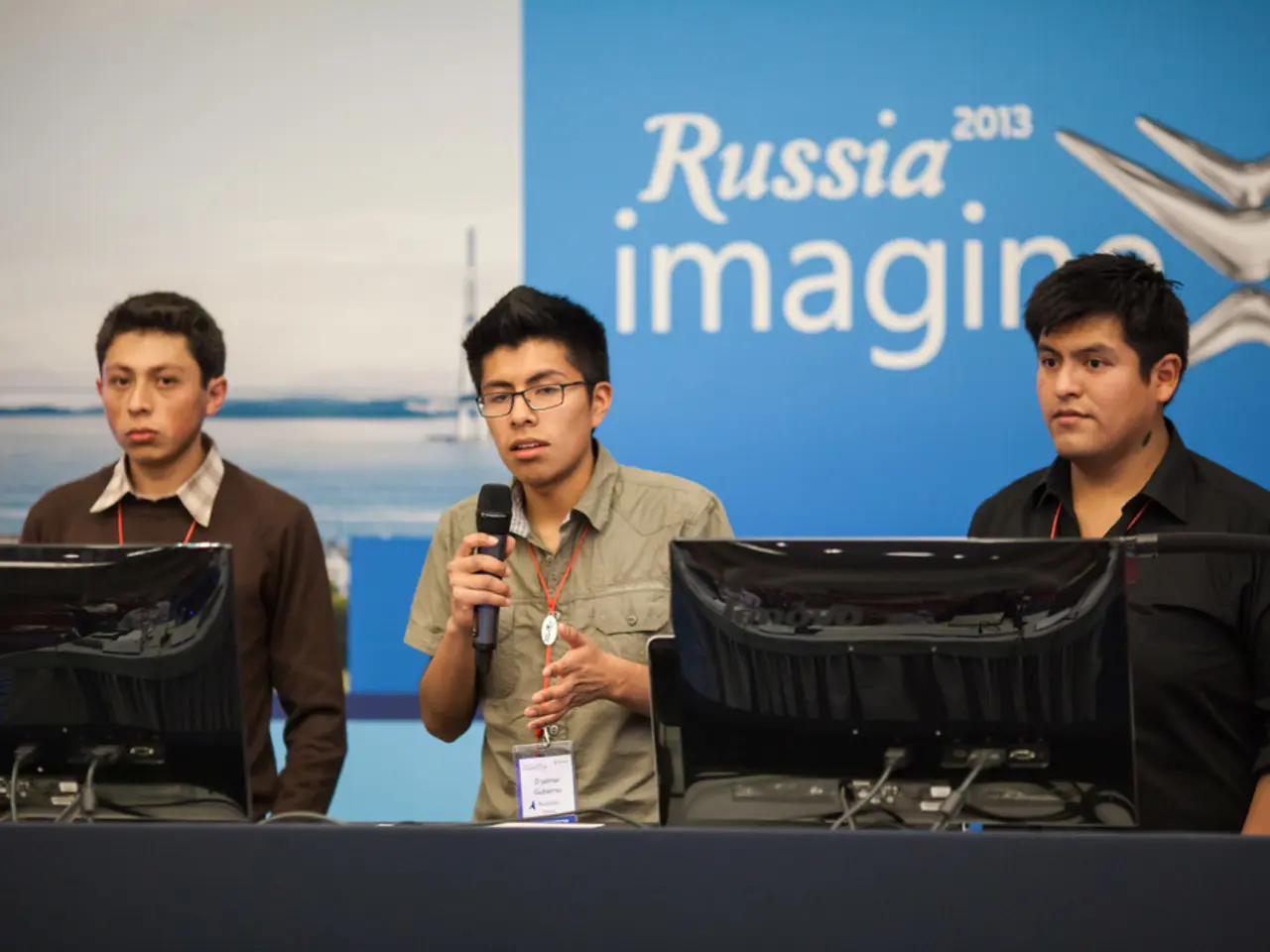World Bank grants $748 million for Turkey to enhance its power grid infrastructure
The World Bank has given the green light to a $748 million financing package for Turkey's "Transforming Power Transmission System Project". This project aims to modernise and expand Turkey's power transmission infrastructure, facilitating large-scale solar and wind integration.
The project aligns with Turkey's renewable energy target of 120 GW installed wind and solar capacity by 2035 and its net-zero emissions goal by 2053. It has three strategic components: upgrading transmission infrastructure, digitalising the power grid, and providing technical assistance and innovation support.
The project is implemented by the state-run Turkey Electricity Transmission Corporation (TEİAŞ), backed by concessional loans from the International Bank for Reconstruction and Development and the Clean Technology Fund.
The financing consists of a 625 million euros loan from the International Bank for Reconstruction and Development (IBRD), a $38 million loan from the Clean Technology Fund (CTF), and a $2 million CTF grant. The financing is backed by a repayment guarantee from the Turkish Ministry of Treasury and Finance.
The project is part of Turkey's broader efforts to strengthen energy security and reduce reliance on imported fossil fuels. It is expected to create thousands of jobs across Turkey's renewable energy value chains, particularly skilled jobs, driven by new industries and increased private investment attracted by improved grid infrastructure.
Fatih Şimşek, the Minister of Energy and Natural Resources, welcomed the agreement and highlighted the productive cooperation between Turkey and the World Bank. He mentioned that the project enhances Turkey's energy security, reduces fossil fuel import dependency, improves competitiveness, and develops new industries with the potential to create a large number of skilled jobs.
The project continues the successful partnership between Turkey and the World Bank, particularly in the energy sector. Humberto Lopez, World Bank country director for Turkey, echoed these sentiments, stating that the project is a critical enabler of Turkey’s ambitious Energy Transition – Renewable Energy 2035 strategy and is aligned with its 12th National Energy Plan and climate commitments.
In conclusion, the Transforming Power Transmission System Project is a significant step forward in Turkey's clean energy transition and climate resilience efforts. It is expected to contribute to significant reductions in greenhouse gas emissions, enhance energy security, and boost the competitiveness of Turkey’s energy sector.
- This Transforming Power Transmission System Project, financed by the World Bank, focuses on expanding Turkey's renewable energy capacity, aiming to reach 120 GW of installed wind and solar capacity by 2035 and achieving net-zero emissions by 2053.
- The project encompasses three strategic components, including upgrading transmission infrastructure, digitalizing the power grid, and providing technical assistance and innovation support, all under the purpose of modernizing Turkey's power transmission system.
- The project is being executed by the state-run Turkey Electricity Transmission Corporation (TEİAŞ), with support from concessional loans from the International Bank for Reconstruction and Development and the Clean Technology Fund.
- The project is projected to create thousands of jobs across Turkey's renewable energy value chains, thereby stimulating the growth of new industries, attracting private investment, and fostering environmental science and technology solutions to address climate-change and advance the business sector's sustainability.




